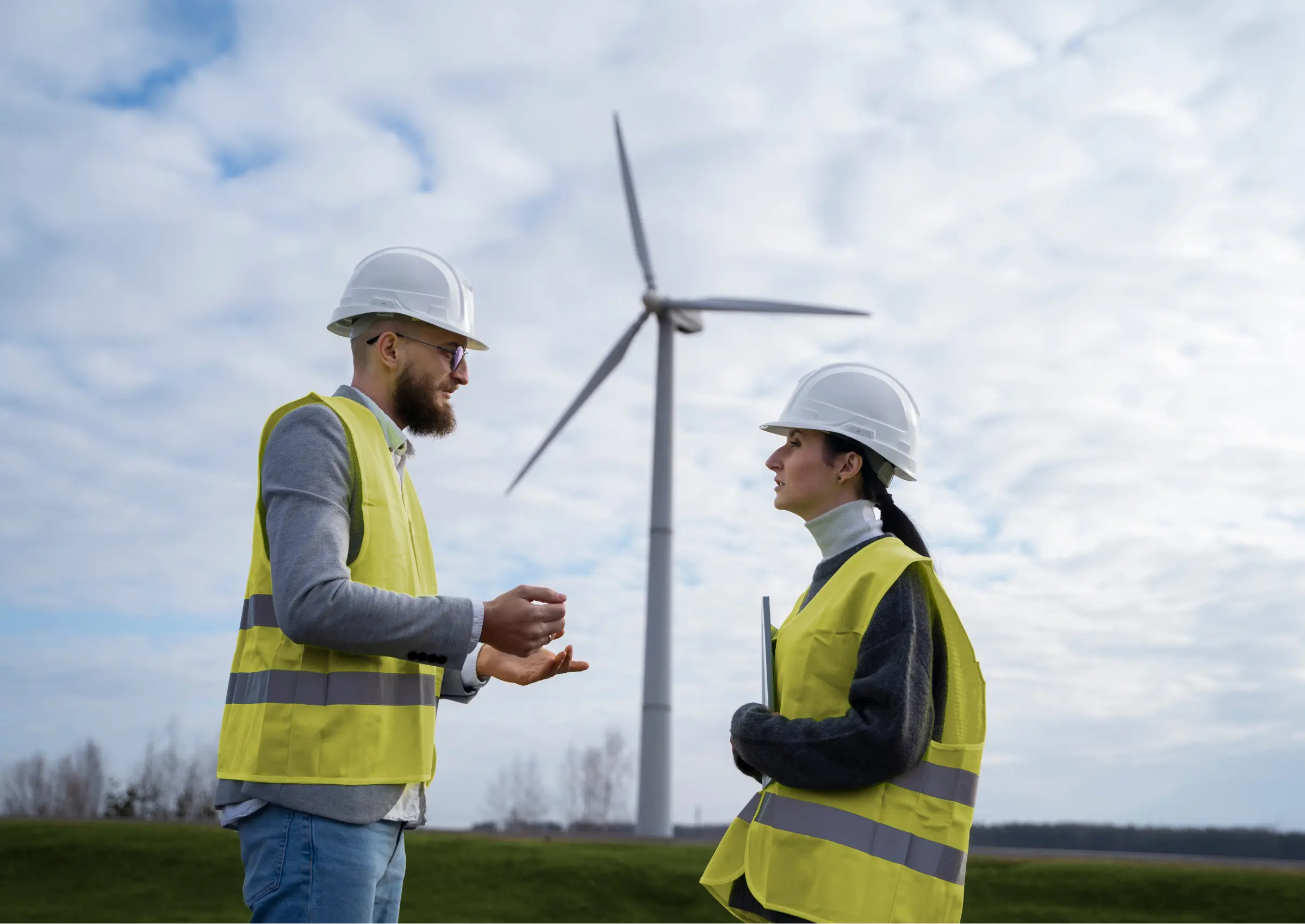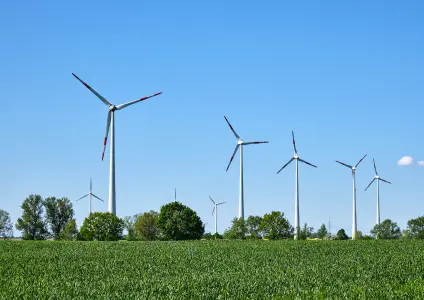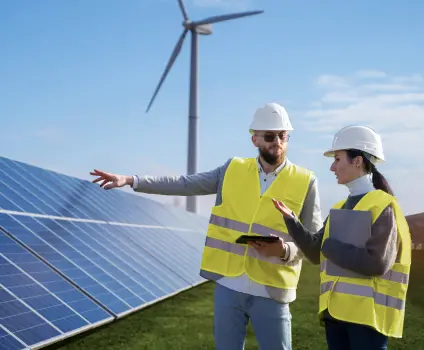
Oct 25, 2023
Wind energy is a cornerstone of the global transition towards sustainable development. As a clean, renewable, and increasingly cost-effective energy source, it offers numerous advantages that contribute to environmental protection, economic growth, and social well-being. In this blog post, we'll explore the top benefits of wind energy for sustainable development.
Renewable and Abundant Energy
Wind energy is both renewable and abundant, making it a cornerstone of sustainable energy systems. Unlike fossil fuels, which are finite and deplete over time, wind is an inexhaustible resource. This ensures a long-term, sustainable supply of energy that can be harnessed indefinitely, provided the necessary infrastructure is in place.
Reduces Greenhouse Gas Emissions
One of the most significant environmental benefits of wind energy is its ability to reduce greenhouse gas emissions. Wind turbines generate electricity without burning fossil fuels, which means they produce no direct carbon dioxide or other harmful emissions. This helps to combat climate change and reduce air pollution, contributing to cleaner air and a healthier environment.
Understanding Pricing and Financing Options
Wind energy enhances energy security by diversifying the energy mix. By reducing dependence on imported fossil fuels, countries can improve their energy independence and resilience to global energy market fluctuations. This diversification also helps to stabilize energy prices and provides a reliable supply of electricity.
Wind energy offers a multitude of benefits that support sustainable development. From reducing greenhouse gas emissions and enhancing energy security to driving economic growth and supporting rural communities, wind power is a vital component of a sustainable energy future. As technology continues to advance and the global commitment to renewable energy strengthens, wind energy will play an increasingly important role in building a resilient, low-carbon world.


